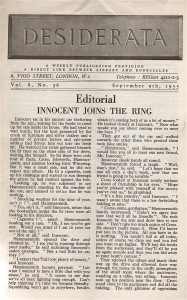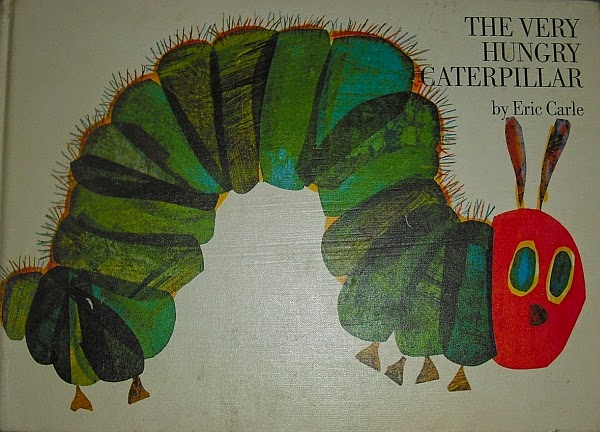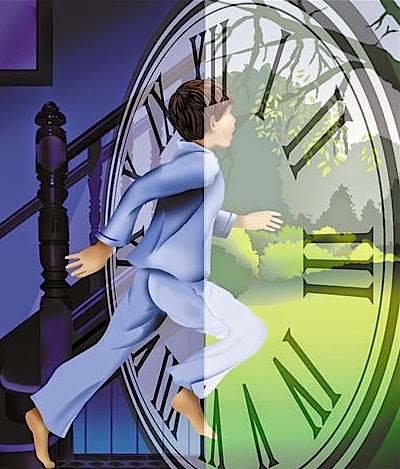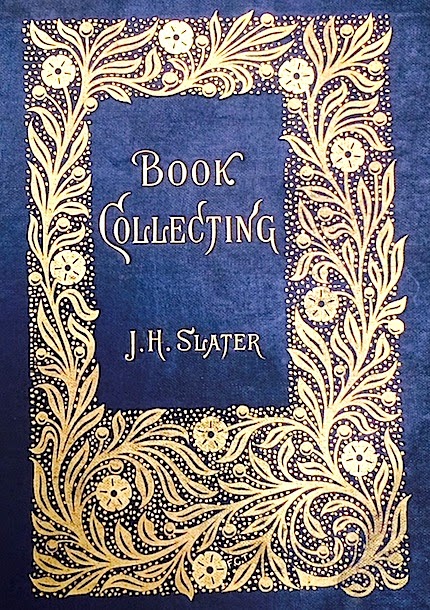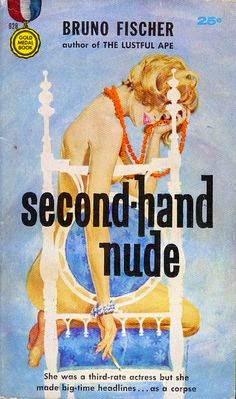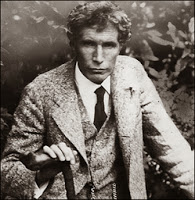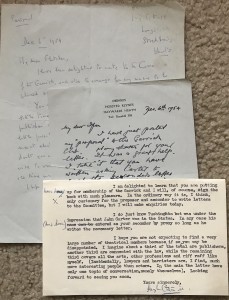 Found among the papers of Ifan Kyrle Fletcher writer, expert on the history of theatre and bookseller, a bunch of correspondence from 1954 relating to his application for membership of the London club, the Garrick. One member writes that he has just posted his proposal and reminds him to get the ‘seconder’s letter from Carter as soon as convenient.’ Another writes that he is delighted to write to the Commissioner of the Garrick and also to arrange for his name to be placed in IFK’s page in the candidate’s book. Another letter says that Carter (John) is in America and ‘his name will be entered as your seconder by proxy as long as he writes the necessary letter.’ One correspondent – St.Vincent Troubridge writes: ‘I rather fear the tendency by publisher members to knife a bookseller. Now this voodoo seems to have been lifted by the recent election of Peter Murray Hill, so I have no doubt you will now balloon in. In my view you have been wise to wait a little and let someone else break what ice there may have been about.’ Are ‘balloon’ and ‘knife’ still current clubland jargon? Another member notes:
Found among the papers of Ifan Kyrle Fletcher writer, expert on the history of theatre and bookseller, a bunch of correspondence from 1954 relating to his application for membership of the London club, the Garrick. One member writes that he has just posted his proposal and reminds him to get the ‘seconder’s letter from Carter as soon as convenient.’ Another writes that he is delighted to write to the Commissioner of the Garrick and also to arrange for his name to be placed in IFK’s page in the candidate’s book. Another letter says that Carter (John) is in America and ‘his name will be entered as your seconder by proxy as long as he writes the necessary letter.’ One correspondent – St.Vincent Troubridge writes: ‘I rather fear the tendency by publisher members to knife a bookseller. Now this voodoo seems to have been lifted by the recent election of Peter Murray Hill, so I have no doubt you will now balloon in. In my view you have been wise to wait a little and let someone else break what ice there may have been about.’ Are ‘balloon’ and ‘knife’ still current clubland jargon? Another member notes:
I hope you’re not expecting to find a very large number of theatrical members, because, if so, you may be disappointed…about a third of the total are publishers, another third are connected with the law, while the remaining third covers all the arts, other professions and riff-raff like myself. Incidentally lawyers and barristers are, I find, much more interesting people than actors. In the main the latter have only one topic of conversation, namely themselves. Today you have nine names to your credit which is a good start. Would you like to lunch with me one day to meet more members for greater support?
Things change slowly in London’s clubland, so many of these procedures may still be in place. Not sure if IFK ever became a member. He certainly would have known more about the actor David Garrick (after whom the club was named) than almost any member. In 1938 he issued a catalogue devoted to ‘Garrickana’ commemorating the 160th anniversary of Garrick’s death…

